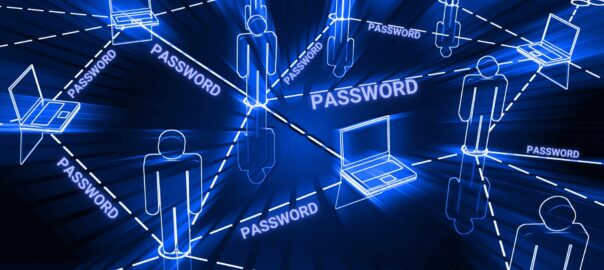Data privacy mistakes can set the stage for immense damage to one’s business. An insignificant error can cost you millions of dollars in fines and reparations. It can even put you smack in the middle of stressful lawsuits. And it can even blow up and seriously harm the reputation of your business!
Therefore, the pressure is very high for business owners to avoid these mistakes at all costs. To do that, you first need to know which data privacy mistakes to avoid. That is what we are going to talk about in this post today.
5 Most Common Data Privacy Mistakes and Potential Solutions
The dread of something terrible happening because of a single wrong move can be debilitating to your business. Free yourself from needless worrying by knowing what data privacy mistakes to avoid and planning appropriate contingencies.
Failure to Obtain Consent
Collecting personal data without explicit consent directly violates the General Data Protection Regulation. Every time you ask people for personal data, be sure to include a way for them to either give recorded consent or opt out.
Weak Data Security Practices
With so many advanced data security systems now available, there is no excuse to stick to practices that are way below par. At the very least, be sure to use a reliable encryption method, use updated software, secure your storage systems, and conduct regular security audits.
Data Privacy Mistakes – Ignoring Data Subject Rights
According to the GDPR, it is the right of users to access, correct, or delete data they have submitted for collection. You can honor this right by establishing procedures that let them request access, corrections, or deletion of their information.
Over-Retention of Data: A Risky Data Privacy Mistake
The longer you store collected data, the higher the risk of a data breach. A simple solution is to store data only as long as necessary. Once it is no longer needed, the data must be deleted from your system.
Inadequate Staff Training
Employees are often the weakest link in cybersecurity. This is largely due to the inadequate security training they receive, especially with data privacy. Regular training sessions on privacy laws, data security practices, and data privacy mistakes to avoid will equip your staff with better knowledge and skills to handle data for your business.
Final Thoughts on Data Privacy Mistakes
These are just the most common data privacy mistakes to avoid. To ensure that none of these errors are made, the best move is to hire an MSP to take care of your data security. Now, if, despite all your precautions, your organization still falls victim to a data breach, you must have a recovery strategy ready to roll out immediately. We can help you with this by providing a free Data Breach Response Plan Template for your peace of mind. Download this resource right here, tailor it to align with your cybersecurity needs, and you’ll be ready for the worst attacks.



